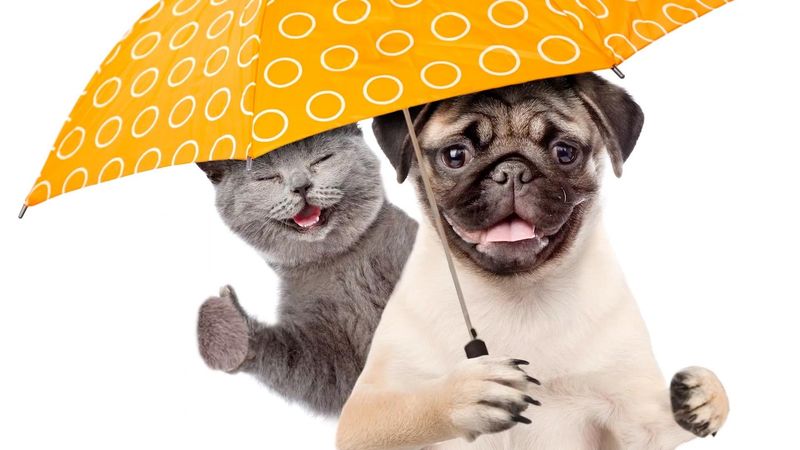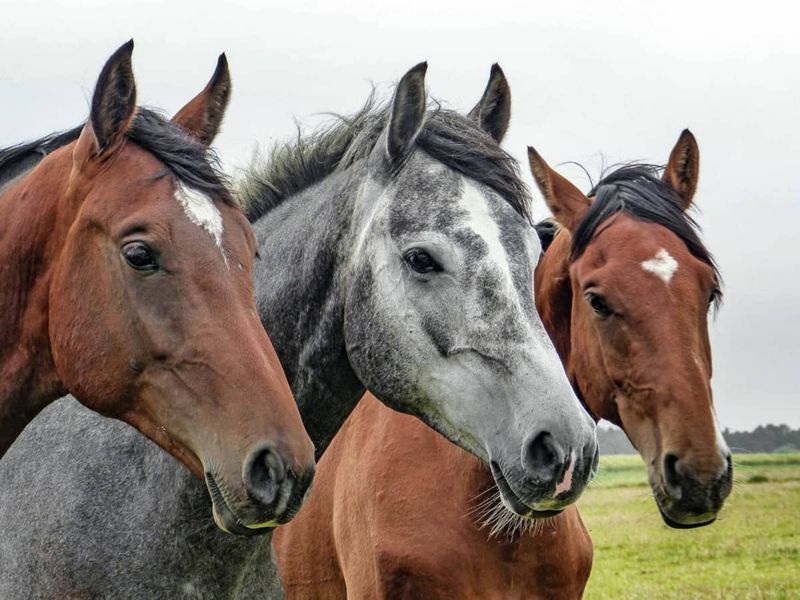In the tapestry of language, old-timey sayings are the colorful threads that connect us to the past. These phrases, passed down through generations, not only reflect the wisdom of our ancestors but also their wit and sense of humor. While they may sound quaint or even puzzling today, each saying carries with it a rich history and a modern-day equivalent that keeps it relevant. By exploring these expressions, we gain insight into how language evolves over time and how the meanings of words can shift as society changes. Let’s embark on a playful journey through 14 classic expressions and uncover their contemporary meanings.
Bite the Bullet

“Bite the bullet” originates from battlefield medicine when soldiers had to endure surgery without anesthetic. Biting a bullet was their way of coping with the pain. Today, it means facing a difficult situation with courage. Imagine having to make a tough decision at work or confronting a personal fear; in modern terms, you’d be “biting the bullet.” The saying symbolizes resilience and the ability to endure hardship with a stoic attitude. It’s about summoning inner strength and tackling challenges head-on. “Bite the bullet” reminds us that discomfort can be a stepping stone to growth and overcoming obstacles.
Break the Ice

In the 17th century, ships breaking through ice to forge a path inspired the saying “break the ice.” It referred to breaking barriers and creating new opportunities. Today, it means initiating conversation or activities to ease tension. Picture an awkward silence at a party; someone breaks the ice with a light-hearted joke or comment. It’s the spark that ignites social interaction and connection. “Break the ice” encourages people to step forward, overcome initial hesitations, and pave the way for engaging dialogue. It reflects the timeless human need for connection and the warmth of shared experiences.
Burn the Midnight Oil

In the days before electricity, “burning the midnight oil” referred to working late into the night by candlelight. Scholars and writers often did this to meet deadlines or finish important tasks. Today, it signifies hard work and dedication, especially when burning the candle at both ends. Whether it’s studying for exams, completing a work project, or pursuing a passion, it conveys perseverance. The phrase highlights the value of commitment and the willingness to go the extra mile for success. “Burn the midnight oil” is a testament to human determination and the pursuit of excellence.
Cat Got Your Tongue

The origin of “cat got your tongue” is uncertain, but it likely stems from sailors’ superstition or playful teasing. Historically, it might have related to the fear of cats or the idea of a cat stealing one’s voice. Today, when someone is at a loss for words, they may be asked if the “cat got their tongue.” It’s a playful way to point out silence or hesitation. The phrase brings a touch of humor to situations where words escape us, highlighting the delightful quirks of communication and the charm of lighthearted banter.
Spill the Beans

“Spill the beans” has roots in ancient Greece, where beans were used for secret ballot voting. Accidentally spilling them would reveal the votes prematurely. Today, it means to reveal a secret or disclose information unintentionally. Whether it’s a surprise party or confidential news, spilling the beans can lead to unexpected outcomes. The saying reminds us of the fragility of secrets and the excitement of discovery. It’s a playful reminder of human nature’s tendency to share stories and the thin line between discretion and revelation.
Raining Cats and Dogs

The phrase “raining cats and dogs” finds its origins in 17th-century England, where heavy rains would wash animals out from rooftops. Today, it describes an intense, heavy rainstorm. Imagine the sky opening up and unleashing a torrent of water, enough to disrupt plans and soak everything in sight. It’s a vivid way to describe the weather’s ferocity, capturing the chaos and unpredictability of nature. The saying adds a playful twist to the mundane topic of weather, infusing it with imagination and charm.
Kick the Bucket

“Kick the bucket” is a euphemistic way of saying someone has died. Its origins are uncertain, but it might relate to hanging or a livestock term. Today, it’s used lightheartedly to address the topic of death. Although it carries a serious undertone, the phrase has a playful side, often used in bucket list contexts. It reflects society’s attempt to handle the inevitability of death with humor and acceptance. “Kick the bucket” endures as a reminder of life’s impermanence and the importance of living fully.
Go the Extra Mile

Rooted in the Bible, specifically a Roman law compelling Jews to carry soldiers’ gear for a mile, “go the extra mile” means to exceed expectations. Today, it represents dedication and exceeding what’s required. Whether in customer service, personal relationships, or self-improvement, going the extra mile is about achieving excellence. It highlights the rewards of effort and the positive impact of going beyond the minimum. The phrase embodies a spirit of generosity and a commitment to making a difference, inspiring others to follow suit through genuine care and determination.
Beat Around the Bush

“Beat around the bush” comes from hunting, where hunters would beat bushes to flush out birds. Today, it means to avoid addressing a topic directly. Imagine having an important conversation but dancing around the main issue. The phrase captures this avoidance and the frustration it can cause. It’s a reminder of the value of direct communication and the courage to face subjects head-on. By confronting matters directly, we can achieve clarity and understanding. “Beat around the bush” serves as a playful nudge towards honesty and forthrightness.
Barking Up the Wrong Tree

The phrase “barking up the wrong tree” originates from hunting with hounds that would mistakenly bark at the wrong tree when pursuing prey. Today, it means pursuing a misguided course of action. Picture making assumptions based on incorrect information or following a flawed plan. The saying highlights human fallibility and the importance of reassessing situations. It encourages reflection and reevaluation, reminding us that mistakes are part of learning. The phrase adds a humorous touch to errors, emphasizing the need for adaptability and insight.
Caught Red-Handed

“Caught red-handed” traces back to old laws where being caught with blood on one’s hands indicated guilt in a crime. Today, it means being caught in the act of wrongdoing. Imagine sneaking a cookie from the jar and getting caught mid-act. The phrase underscores accountability and the consequences of actions. It’s a reminder of transparency and honesty, urging individuals to consider their choices carefully. “Caught red-handed” carries a playful warning about the risks of wrongdoing and the inevitability of discovery.
Hold Your Horses

“Hold your horses” is a phrase from the days of horse-drawn carriages, advising drivers to stop or slow down. Today, it means to wait or be patient. Imagine being eager to rush into a decision or action but reminded to pause. The saying highlights the virtues of patience and caution, encouraging thoughtfulness. It’s a playful reminder to not let impatience cloud judgment. “Hold your horses” serves as a gentle nudge towards measured actions and consideration, emphasizing the benefits of taking a moment before proceeding.
Let the Cat Out of the Bag

The phrase “let the cat out of the bag” comes from a time when merchants would substitute a piglet with a cat in a sack, revealing the trick when the cat escaped. Today, it means to reveal a secret or disclose something prematurely. Picture someone accidentally spilling confidential news. The saying underscores the thrill and risk of revelations, adding a touch of humor to human error. It emphasizes the importance of discretion and the challenges of keeping secrets, painting a vivid picture of surprise and unintended disclosure.
Saved by the Bell

“Saved by the bell” originates from 19th-century boxing, where a bell signaled the end of a round, saving a boxer from defeat. Today, it means being rescued from a difficult situation at the last moment. Imagine being in an awkward meeting or class, only for the bell to ring just in time. The phrase captures the relief and gratitude of a timely interruption. It highlights the unpredictability of life and the fortunate twists that can change outcomes. “Saved by the bell” adds a nostalgic charm to the idea of unexpected salvation.

Comments
Loading…